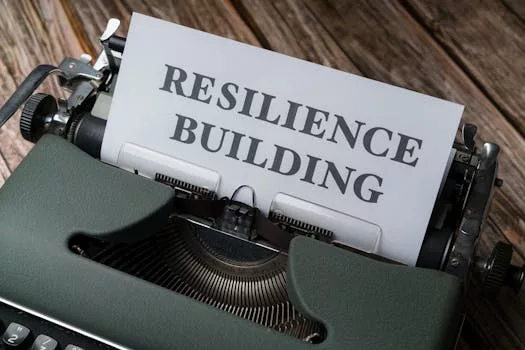
Understanding Mental Health: Common Disorders and Effective Coping Strategies
Takeaways:
- Mental health disorders are common and can affect anyone.
- Key disorders include anxiety disorders, depression, bipolar disorder, and more.
- Coping strategies such as mindfulness, therapy, and physical activity can significantly improve mental health.
- Awareness and education are vital in reducing stigma and promoting understanding.
Mental health is an essential aspect of our overall well-being, yet it remains a topic surrounded by stigma and misunderstanding. With one in five adults experiencing mental illness in their lifetime, raising awareness about mental health disorders and effective coping strategies is crucial. This article delves into common mental health disorders and provides practical strategies to cope with these challenges for a healthier mind.
Common Mental Health Disorders

Anxiety Disorders
Anxiety disorders are the most common mental health disorders, affecting millions worldwide. They include generalized anxiety disorder (GAD), panic disorder, and social anxiety disorder. Symptoms can range from persistent worry and fear to physical symptoms such as rapid heartbeat and sweating.
Depression
Depression is another widespread mental health issue that can lead to profound sadness, loss of interest in activities, and feelings of hopelessness. Major depressive disorder can significantly impair daily functioning, and it often coexists with anxiety disorders.
Bipolar Disorder
Bipolar disorder is characterized by extreme mood swings, including emotional highs (mania or hypomania) and lows (depression). These shifts can affect sleep, energy levels, and activity levels, making it challenging to maintain a stable life.
Post-Traumatic Stress Disorder (PTSD)
PTSD can develop after experiencing or witnessing a traumatic event. Symptoms include flashbacks, nightmares, severe anxiety, and uncontrollable thoughts about the event. Many individuals with PTSD may also experience depression or anxiety.
Obsessive-Compulsive Disorder (OCD)
OCD involves unwanted, recurring thoughts (obsessions) and behaviors (compulsions) that individuals feel driven to perform. These compulsions can interfere with daily life and cause significant distress.
Coping Strategies for Better Mental Health

1. Mindfulness and Meditation
Mindfulness involves being present in the moment and acknowledging your thoughts and feelings without judgment. Practices such as meditation can reduce anxiety and improve emotional regulation. Regular mindfulness exercises can help individuals stay grounded during stressful times.
2. Physical Activity
Regular exercise is not just beneficial for physical health; it is also crucial for mental well-being. Physical activity releases endorphins, which can improve mood and reduce feelings of depression and anxiety. Aim for at least 30 minutes of moderate exercise most days of the week.
3. Therapy and Counseling
Professional help from a therapist or counselor can provide support and strategies tailored to individual needs. Cognitive-behavioral therapy (CBT) is particularly effective for various mental health disorders, helping individuals identify and challenge negative thought patterns.
4. Building a Support Network
Having a strong support system is vital in coping with mental health issues. Friends and family can offer emotional support, while support groups provide a sense of community and understanding among individuals facing similar challenges.
5. Healthy Lifestyle Choices
Maintaining a balanced diet, getting enough sleep, and avoiding alcohol and drugs can significantly impact mental health. Prioritizing self-care and healthy habits can lead to improved mood and overall well-being.
Conclusion
Mental health awareness is essential in creating a supportive environment for those affected by mental health disorders. By understanding common disorders and implementing effective coping strategies, individuals can take proactive steps toward better mental health. Remember, it’s crucial to seek help when needed and to foster open conversations about mental health to reduce stigma and promote healing.



